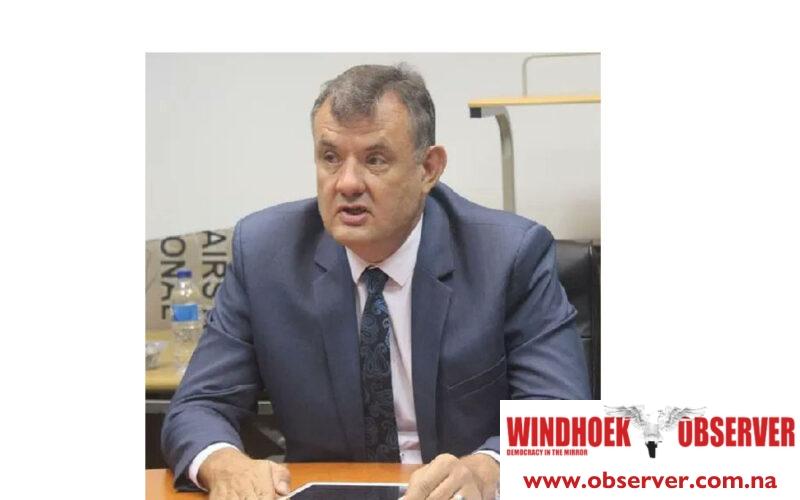Niël Terblanché
The Ministry of Home Affairs, Immigration, Safety, and Security of Namibia has successfully achieved its target in the national mass registration campaign by registering more than 50,000 Namibians for birth certificates and identity documents.
In a statement issued by Etienne Maritz, the ministry’s executive director, a total of 50 833 citizens have been documented by 24 June, marking an important step in the government’s ongoing efforts to ensure comprehensive birth registration and identification across the country.
Launched on 5 February, the campaign has seen extensive participation from all 14 regions of Namibia.
Maritz said that the initiative aims to provide birth certificates and identity documents to all eligible Namibians, following the provisions of the Constitution of the Republic of Namibia and the Births, Marriages, and Deaths Act of 1963.
He added that this includes issuing duplicate birth certificates and identity documents.
“In addition to the main registration drive, the campaign has also identified and registered 7 332 stateless and undocumented persons,” he said.
Maritz clarified that these are individuals who, at the time of registration, could not provide any documentary proof of their citizenship.
The mass registration campaign has received widespread support and participation, significantly enhancing the Ministry’s efforts to ensure every citizen is duly documented.
Maritz stressed the importance of national documents for accessing essential services such as education, healthcare, social grants, and participation in social and economic activities.
He added that the campaign’s success can be attributed to the dedicated efforts of the Ministry’s staff, regional councillors, and various stakeholders who have worked tirelessly since its inception.
Maritz encouraged people without national documents or who have lost them to visit their nearest Home Affairs Offices or mobile registration centres before the campaign concludes on 30 July.
According to the executive director, the initiative is part of Namibia’s broader commitment to improving civic services and ensuring that every citizen has the necessary documentation to fully participate in society.
He indicated that the Ministry has made special provisions for vulnerable groups, exempting certain individuals from fees for duplicate documents, and has focused on reaching those in remote and hard-to-reach areas.
Maritz extended his gratitude to all who contributed to the campaign’s success and added that the ministry is committed to continuing efforts to ensure comprehensive documentation of all Namibians.




